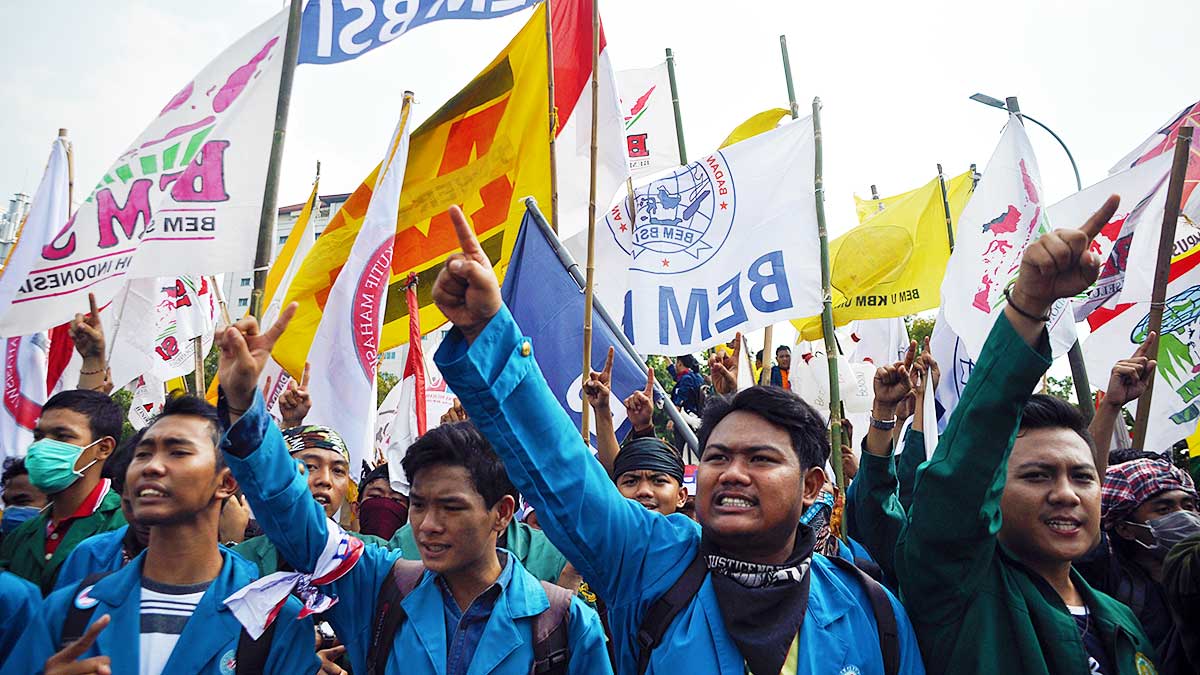Democracy in Indonesia… but What Kind of Democracy?

It is not at all easy to define democracy, nor is it easy to understand how democracy works.
In Miroslaw-Matyja-Academia for Democracy (https://www.mmafd.or.id) we learn more about the different types of democracy and about the advantages and disadvantages of this political system. Our Academia gives you the possibility to learn more about democracy… but really democracy.
Representative Democracy vs. Direct Democracy
A representative democracy is a system of government where citizens elect representatives to vote on laws on their behalf. A direct democracy is one where citizens vote on every issue themselves. The key difference between the two systems is who is voting on laws: elected officials or the citizens?
The first direct democracy was in Ancient Greece. In the capital city of Athens, all citizens would meet to debate and vote on the issues of the day. In that time, citizen status was restricted to adult white males, but still, political participation was open to everyone that was a citizen. Assembly meetings were where citizens could pass laws and decrees by majority vote. The assembly also partially elected officials as the candidates were randomly selected by lottery.
In contrast, representative democracies are based on the Roman system, which relied on leaders from different regions of the empire to be the voice of the people.
In this kind democracy, the people elect officials to create and vote on laws, policies, and other matters of government on their behalf. In this manner, representative democracy is the opposite of direct democracy, in which the people themselves vote on every law or policy considered at every level of government.
Each system of government played to the strengths of its nation. In Greece, the citizens were well-educated, and power was central to the capital. The Roman Empire was massive and very diverse in terms of language and culture. It would have been impossible to get the opinion of every citizen in a timely manner. The systems developed by each empire reflected the structure of their societies.
Today, as countries have larger populations, representative democracies are more common. The Indonesia and all other countries are representative democracies. The only direct democracy in the world is Switzerland, which has popular votes on issues four times each year.
Democracy in Indonesia
Have you ever thought about how even though Indonesia is a democracy, citizens don’t really vote all that often? In Indonesia, the average voter can cast a ballot once every 4 years. The real work of law making happens in parliament and in government. But democracy should be based on ordinary people having a permanent say in the decision-making process. But exactly how much say should people have?
Representative democracies like the Indonesia have their pros and cons. On the one hand, the Indonesia is very large, and less than half of all citizens vote in any given election. This means that it could be difficult to consistently contact the entire nation for votes, though technology has certainly made the idea far more possible. The main question is whether or not the public would engage in the process properly. People lead very busy lives, and much of the voting would require research, especially complicated problems dealing with subjects like the economy or foreign relations, where ordinary citizens don’t have much experience.
However, convenience comes at the price of control. Electing officials to vote for you is riskier than voting yourself; you never know what other factors are playing a role in their decision. Campaign money, wanting to be re-elected and personal morals could all cause a divide between what the people want and what an official vote for. Additionally, when one representative speaks for a whole group of people, some minority voices will inevitably be overpowered. In a representative democracy, it is harder for the people to assert their power. So, every citizen needs to take voting seriously and make their voices known to their local and state elected officials.
Would direct democracy be possible in Indonesia? Of course, especially at the local level, where people face various problems on a daily basis. We must not forget that direct democracy works best and optimally at the local level.
Conclusion
Do you think representative democracy or direct democracy is the better system of government? Do you think Indonesia and other countries should become a direct democracy? On our Academia, in the cooperation with BIRCI Publisher, we try to answer these questions.
We are the only scientific institution in Asia that analyses this topic seriously and researches it. Why we do it? Because we believe, that education is a natural and democratic right for all people in the world.
Miroslaw-Matyja-Academia for Democracy
https://www.mmafd.or.id/
SPONSORED ARTICLE
For the most up-to-date information, please contact the company directly.The photos contained in the article serve only as an illustration of the article.
BUSINESS ONLINE CATALOG
